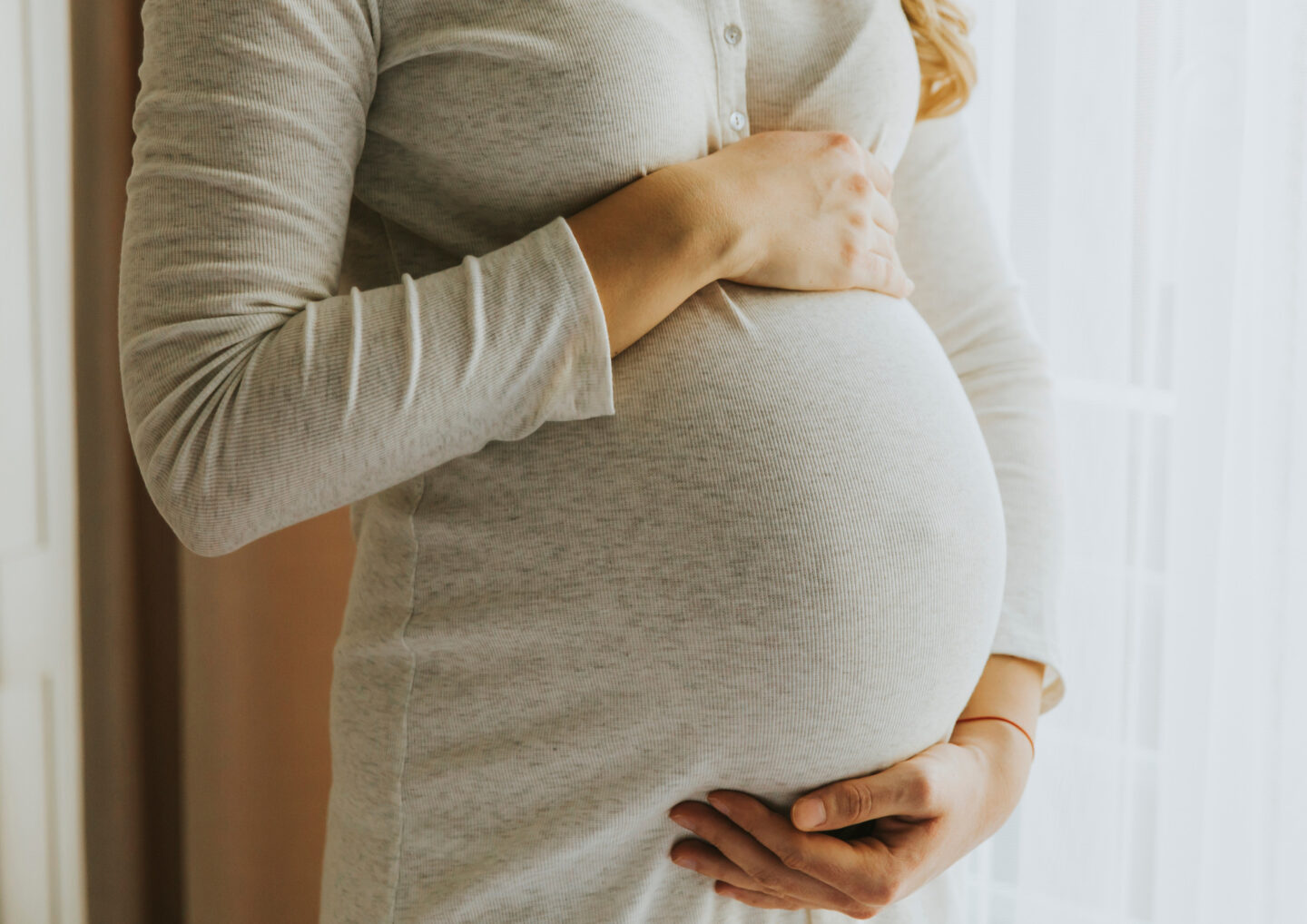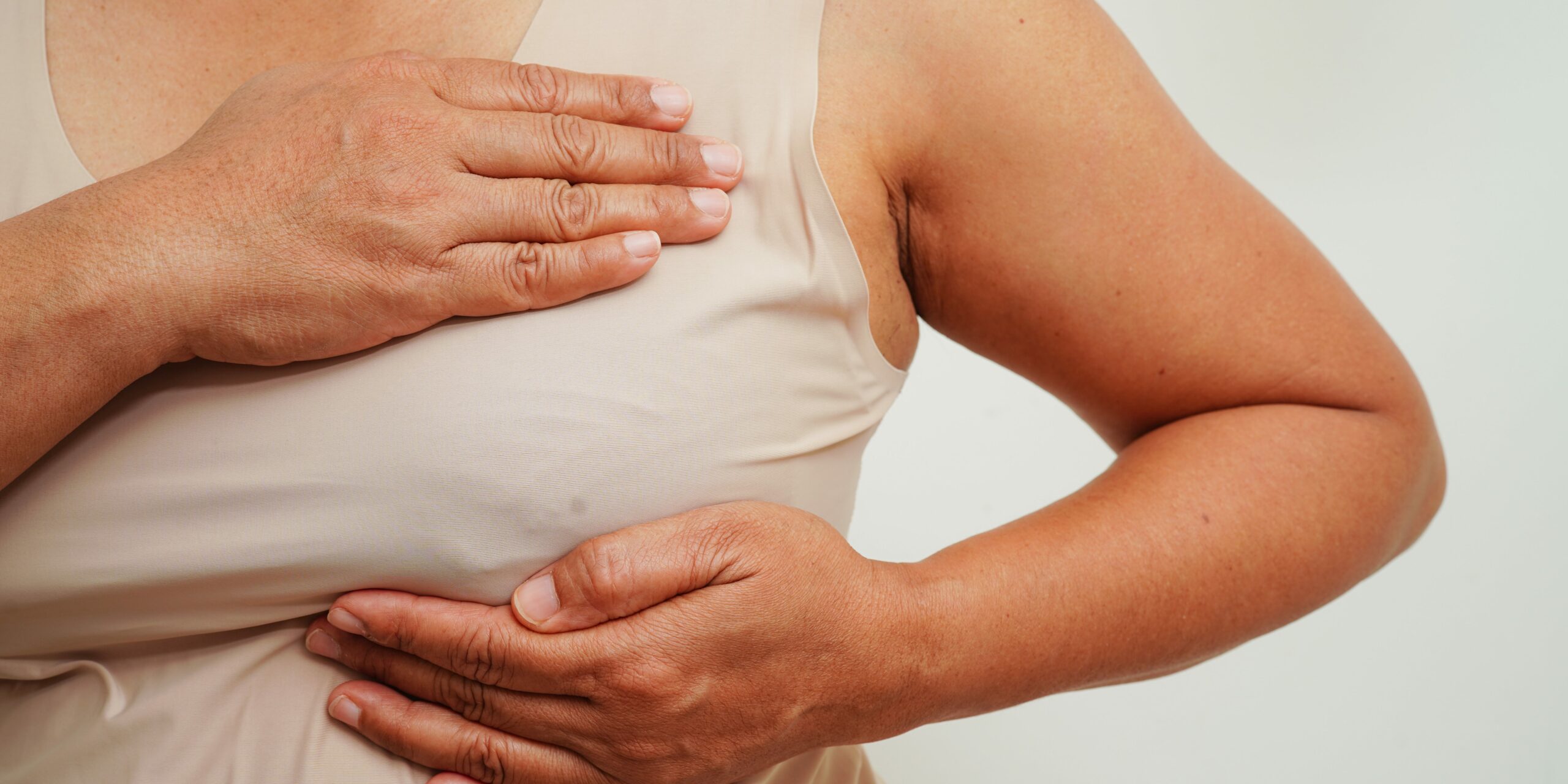Across the media today, specialists have shared the importance of detecting the early signs and symptoms of cancer in pregnancy, and the work of GatewayC in supporting this.
Cancer in pregnancy is rare. It is estimated that between 2,500 – 5,000 women each year in Europe are diagnosed with a pregnancy associated cancer.
Specialists have shared that cancers in pregnancy are those that affect women of childbearing age; the two events just coincide as women are having children later their risk of cancer increases. GatewayC’s ‘Cancer and Pregnancy’ documentary-style video sheds light on these statistics.
Cancer does not present differently if the patient is pregnant.
In breast cancer, presentations can include a painless lump; a bloodstained nipple discharge and skin changes are rare. Glandular and lactational changes in the breast are common in pregnancy, but if they are one side or if the patient reports change it is essential to safety net and/or refer for further assessment.
Early cancer diagnosis has been linked to positive cancer outcomes. This year, research published in the British Medical Journal showed that the average risk of dying from breast cancer in the five years after a diagnosis has fallen from 14% to 5%, since the 1990s.
Professor Richard Simcock, Chief Medical Officer for Macmillan Cancer Support and a Consultant Clinical Oncologist, shared that a diagnosis of cancer in pregnancy, particularly in the breast, is challenging. He said:
‘The majority of abnormalities in the breast are benign, but it’s impossible to tell that just by an examination’.
‘Breast cancer is a disease that becomes more common as you get older, so the likelihood of pregnancy and breast cancer occurring at the same time increases’.
‘One of our jobs is to make sure we educate healthcare professionals involved in the care of pregnant women about how breast cancer can present itself at that time. That means educational initiatives with midwives, primary care professionals etc’.
Pete Wallroth, CEO of Mummy’s Star, shared that the dismissal of symptoms early on is by far the single biggest issue with cancer and pregnancy. He said:
‘Women’s health full stop is beset by issues around dismissal of symptoms and feelings’.
‘If a person is presenting with what would otherwise be a red flag symptom, irrelevant of their pregnancy, then it should be getting investigated straight away’.



